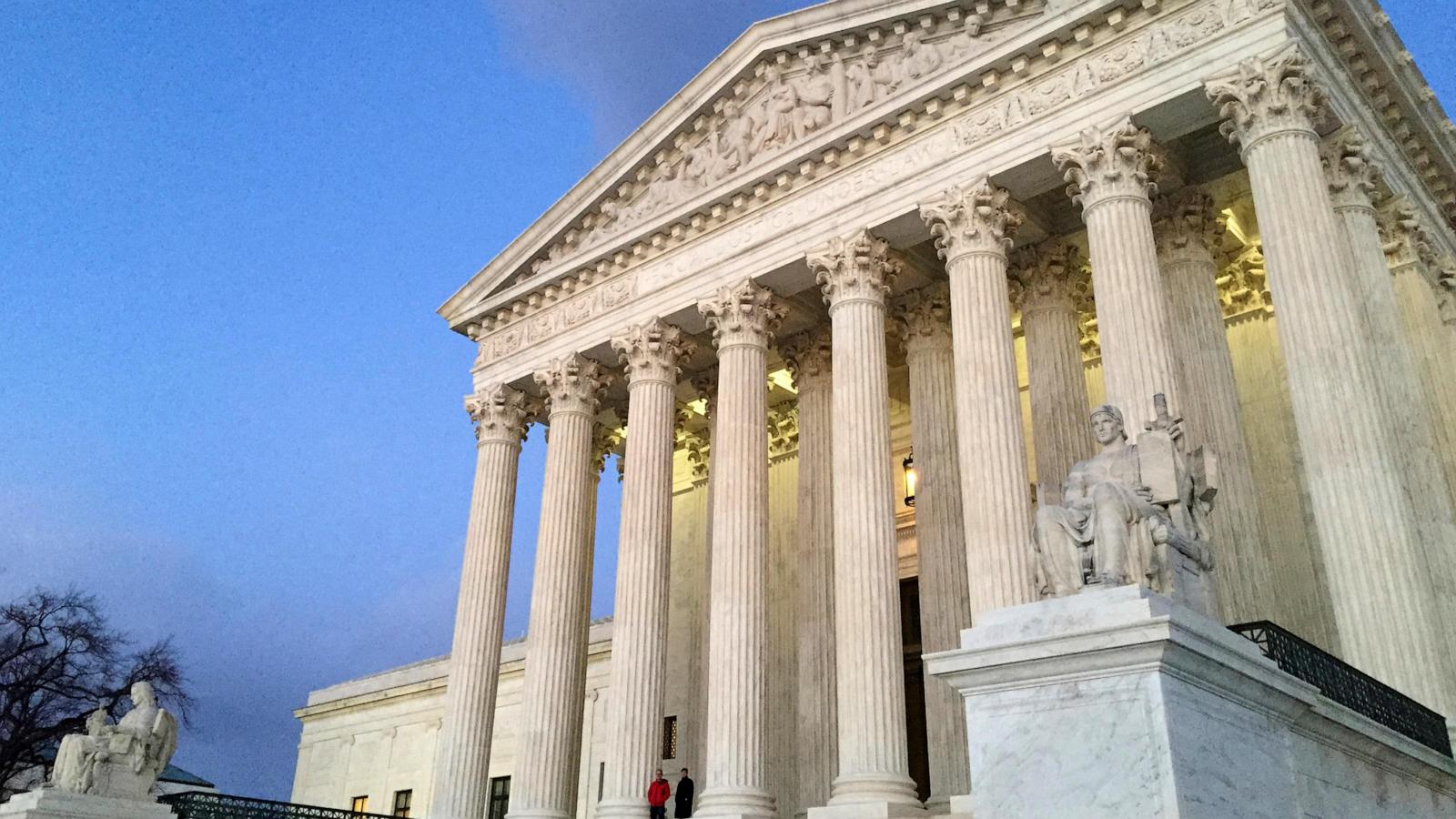The Supreme Court's Shock Decision: Millions of Small Businesses Face New Registration Requirements
Are you a small business owner? Prepare for a major shift. The Supreme Court just revived a controversial law requiring millions of small businesses to register with the Treasury Department, impacting everything from your daily operations to your personal privacy. This unexpected ruling has sent ripples through the business community, and you need to know the facts before it’s too late. This comprehensive guide breaks down what the Corporate Transparency Act means for you, and how you can ensure your business is compliant. This article provides clear, concise guidance on compliance, while exploring the history and controversies of the act. Don’t let this shake-up catch you off guard; your business is on the line!
Understanding the Corporate Transparency Act (CTA)
The Corporate Transparency Act (CTA), signed into law in 2021, aims to combat money laundering and other financial crimes facilitated through anonymous shell companies. This ambitious initiative seeks to increase transparency in business ownership. By requiring owners of businesses to disclose certain information, the act attempts to diminish opportunities for illegal financial transactions such as illicit proceeds of money laundering.
Who Is Affected by the CTA?
This ruling has massive consequences: owners and part-owners of an estimated 32.6 million small businesses must now disclose personal information. We're talking millions of small businesses nationwide—mom-and-pop shops, family-run businesses, sole proprietorships—all suddenly entangled in a web of regulatory obligations. This unexpected mandate forces many small business owners, perhaps with already limited administrative resources, to spend significant amounts of time gathering and submitting the required personal information.
What Information is Required?
The information required under the CTA includes photo IDs, home addresses, and other potentially sensitive personal data. The required information will vary depending on the nature and structure of your small business.
The Supreme Court's Intervention: A Landmark Ruling
A Texas judge initially blocked the registration requirement. But the Supreme Court stepped in and cleared the path for enforcement, keeping the registration mandate alive while the Texas case proceeds in lower courts. This pivotal ruling is stirring up major controversy.
The Controversy Surrounding the Act
The CTA is not without its critics. Republican-led states, lawmakers, and numerous conservative business interest groups have vehemently opposed it, citing concerns about privacy, compliance burdens, and its overall effectiveness.
Practical Steps to Ensure Compliance
Don’t panic! There are practical steps you can take to comply with this new requirement:
1. Gather Required Information
Begin by collecting the information necessary for your business's registration with FinCEN. Remember, we’re talking photo IDs and home addresses here!
2. Understanding FinCEN’s Registration Process
Once you've assembled your necessary documents, thoroughly understand the registration process laid out by FinCEN. Take the time to become informed, so as to register smoothly and efficiently.
3. Register with FinCEN
Next, carefully follow the instructions provided by the Treasury’s Financial Crimes Enforcement Network (FinCEN) to complete your business' registration. Double-check that you have correctly filled all relevant fields on the FinCEN online platform and submit your application before the deadline.
4. Ongoing Compliance
The responsibility extends beyond the initial registration process, remember that this is now an ongoing legal obligation. Understanding the continuing needs for updated information will be of vital importance to remain compliant.
Take Away Points
- The Supreme Court's decision makes the Corporate Transparency Act's registration requirement enforceable immediately. Millions of small businesses must now register with FinCEN.
- This mandate will impact nearly every small business in some fashion, prompting a massive administrative undertaking.
- The required information includes photo IDs and home addresses.
- Take prompt action to gather the necessary information and register your business with FinCEN.




